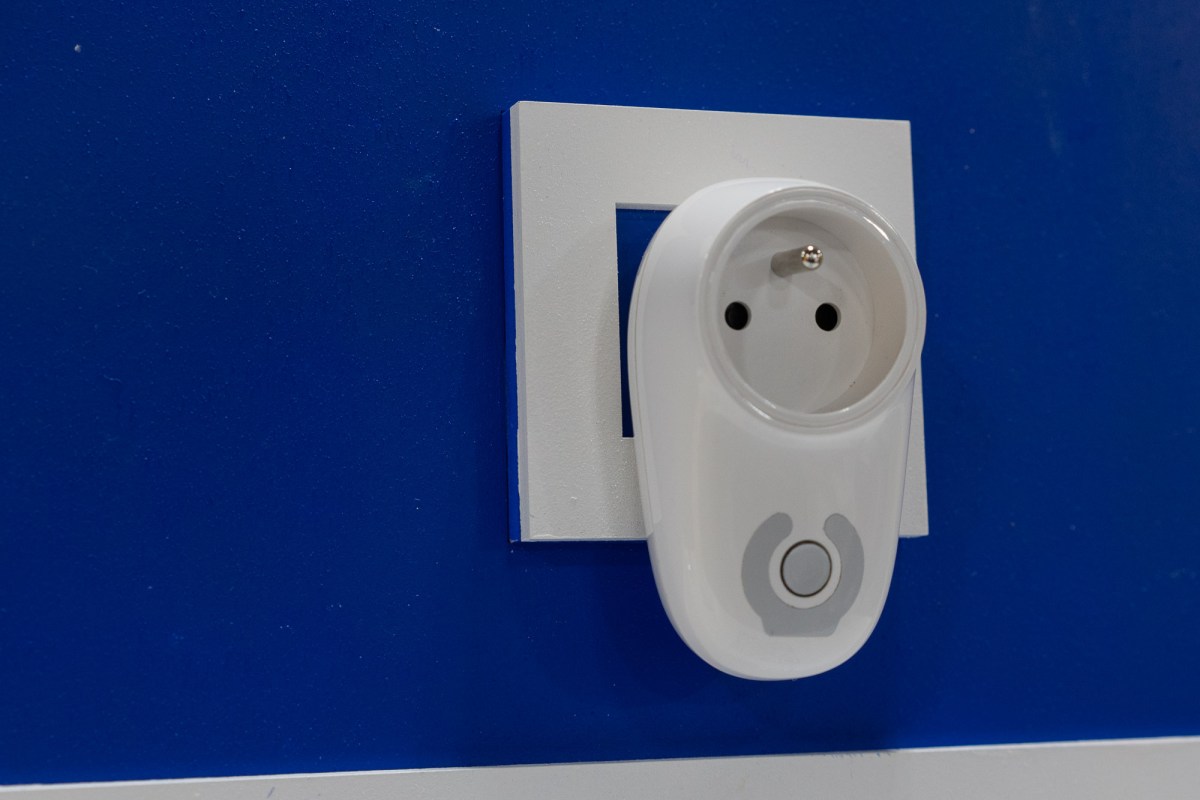Fall detection and autonomy for the elderly is front-and-center at CES in Las Vegas this year. Cherish Health introduced the $300 Serenity appliance that uses radar to cover a whole house with fall detection powers. Zoe Care is taking a different approach, by using existing Wi-Fi signals (and the way our bodies change how Wi-Fi […]
© 2023 TechCrunch. All rights reserved. For personal use only.
Fall detection and autonomy for the elderly is front-and-center at CES in Las Vegas this year. Cherish Health introduced the $300 Serenity appliance that uses radar to cover a whole house with fall detection powers. Zoe Care is taking a different approach, by using existing Wi-Fi signals (and the way our bodies change how Wi-Fi reception works) to detect humans and their activities.
Using Wi-Fi signals is a pretty cool, non-intrusive solution that addresses the key issues of privacy and ease of use that often plague conventional remote monitoring technologies. The device doubles as a smart plug, and uses a sensor to gather and analyze Wi-Fi signals. If a fall is detected, these signals are translated into alerts on a mobile application. Covering up to 800 sq. ft., just one device can secure multiple rooms or even an entire floor, making it an efficient, cost-effective solution.
“We’re currently beta testing with nursing homes. A consumer version will be available by the end of the year. The fall detector will be offered as a subscription service, around $20-25 per month in the U.S.,” says Piotr Antonik, co-founder and CTO at Zoe Care.
They gave a brief demo:
“Zoe Fall is a manifestation of our mission to help the elderly maintain their independence. Our innovative Wi-Fi-based fall-detection solution respects privacy and offers peace of mind for millions of senior citizens,” says Zoe Care’s co-founder and CEO, Thomas Saphir. “We believe this technology can revolutionize elder care.”
Unlike other solutions that require significant computational power and cloud processing, Zoe Fall’s algorithm is embedded directly within the Wi-Fi receiver for total privacy. The company says its technology matches or even surpasses competing solutions in terms of performance, making it an ideal solution for caregivers who prioritize both efficiency and privacy.
“Our technology focuses on the shape of the Wi-Fi wave, not its content. No information is transmitted to the cloud. The only output is the alert message sent to caregivers or relatives when a fall is detected,” says Antonik. “We plan to expand our Wi-Fi sensing technology to remote patient monitoring. We aim to analyze chronic diseases and provide monthly health reports to monitor conditions like heart disease.”
Zoe Fall’s deployment is simple: Wi-Fi waves emitted by an existing internet box or router are captured by Zoe Care’s plug. The AI within the sensor then analyzes wave variations to recognize movements and detect falls. If a fall is detected, an alert is immediately sent to the smartphone of a caregiver or relative.
With a subscription cost of $20-30 per month and no upfront cost, Zoe Care is a cost-efficient solution in this space, giving care homes a powerful tool in its arsenal to ensure if someone falls, help can rush to their aid.

Leave a Reply